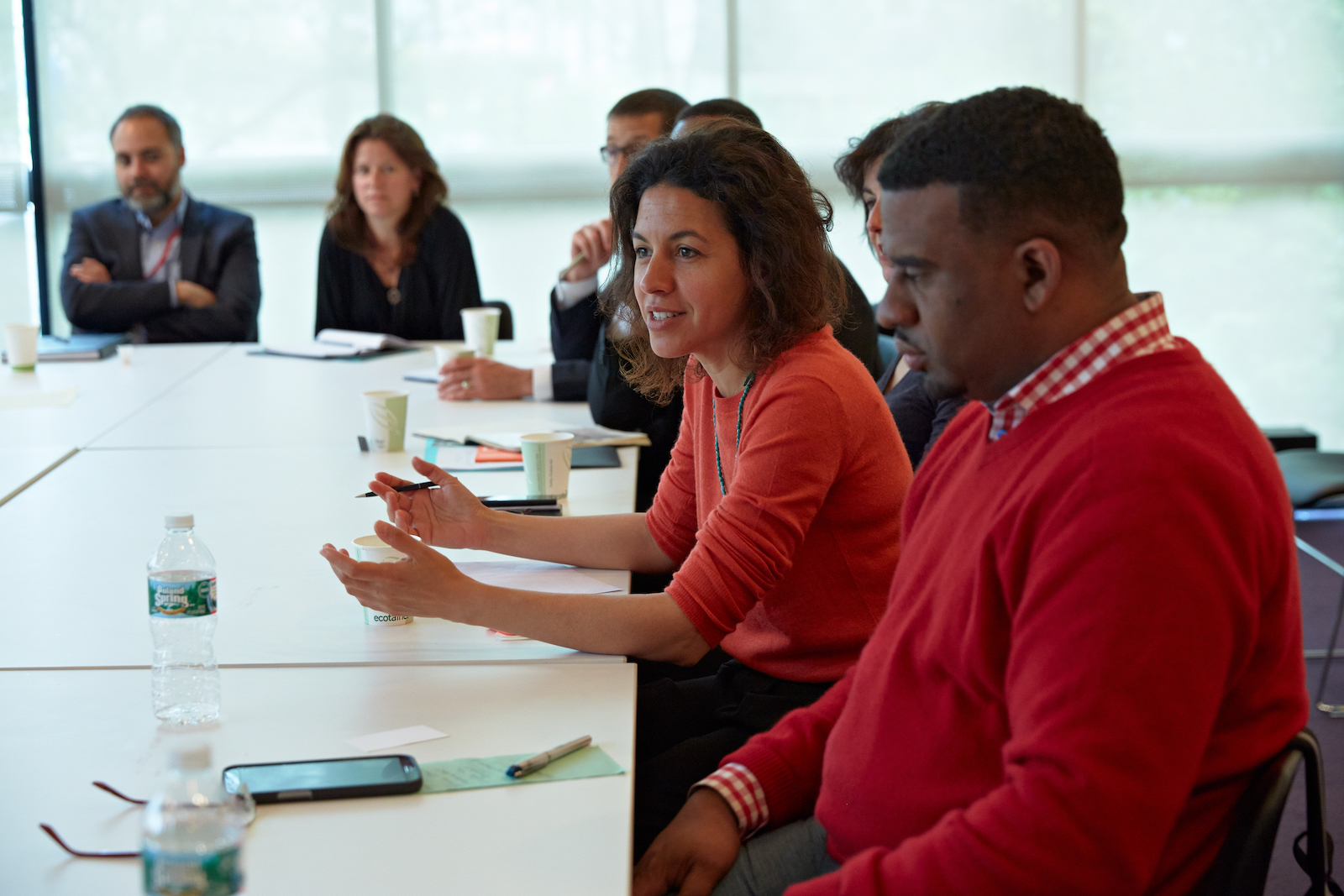Kweta Henry
Coordinator of Loeb Fellowship

The Loeb Fellowship offers a transformative year of study and engagement at the Harvard Graduate School of Design (GSD) and a powerful worldwide network of over 450 colleagues.
Loeb Fellows are exceptional practitioners whose work is advancing positive social outcomes through the shaping of the built and natural environment in the US and around the world. Urban planners and designers, public artists, real estate developers, landscape architects, journalists, civic leaders, architects, policymakers, social entrepreneurs, and more, these proven leaders step away from their professional lives for one academic year to strengthen their knowledge and impact, to broaden or refocus their careers, and to encourage deeper social engagement with their work.
Each year, Loeb Fellows are selected through a highly competitive global application process.
Visit our website for information on how to apply. Bios and contact information for Current Fellows can also be found there.
While in residence at the GSD, Fellows audit classes at the School and throughout the vast network of Harvard and MIT. They engage with faculty and students, participate in public programs and Fellowship events, and collaborate with their peers. They become part of a powerful, ever-growing network of colleagues passionately committed to revitalizing communities.
“The Fellowship has an important role in the design world,” says Loeb Fellowship curator John Peterson. “For almost 50 years the Fellowship has steadfastly championed those who are shaping the built environment as significant players for positive social outcomes.”
The Loeb Fellowship traces its roots to 1968, when John L. Loeb was directing a Harvard GSD campaign themed around “Crisis: The chaos in our cities, the loss of control over our environment, the urgent need for leadership for the future.” Loeb saw the American city in disarray and believed Harvard could help. He imagined bringing highly promising innovators of the built and natural environment to the GSD for one year, challenging them to do more and do better, convinced they would return to their work with new ideas and energy. Now in its fifth decade, the extraordinary, transformative learning experience that is the Loeb Fellowship continues to have a critical role to play in preparing leaders to address these urgent concerns and instigate important future advances through their work in the built and natural environment.
More information on the Loeb Fellowship, including how to apply, visit the Loeb Fellowship website.
Coordinator of Loeb Fellowship
Program Director
Curator of the Loeb Fellowship